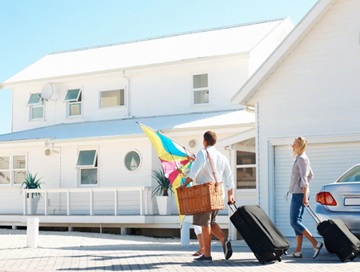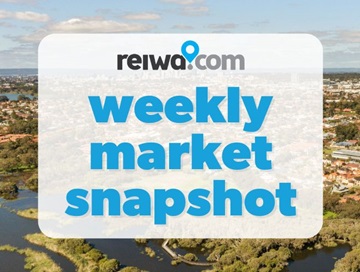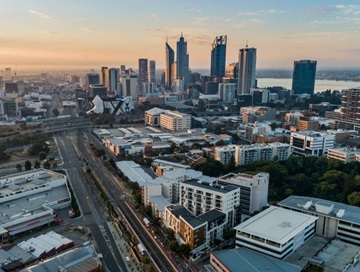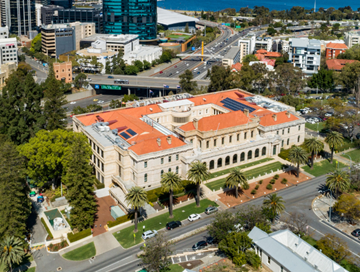Buying property can be a rewarding experience and a solid investment into your long term financial future, but the costs involved should be properly considered before jumping in.
There are numerous outgoing costs that can hurt you if you aren’t aware of them, so we've compiled a list to help prepare you.
Deposit
A home deposit is a once-off payment to secure the purchase and funding of your new home. The amount required is generally 10 per cent of the asking price. At settlement you will be required to pay the difference between the purchase price and the deposit.
Loan establishment fee
If you are borrowing money to pay for the purchase, then some financial institutions require an establishment fee to cover the set up costs of your loan. The amount of this once-off payment is determined by your financial institution. Do your research to find out whether this fee is applicable to you.
Lenders mortgage insurance
If your deposit is less than 20 per cent of the property value, your lender will require you to pay a once-off mortgage insurance fee. The insurance is to cover the lender.
Mortgage registration
If you take out a mortgage to fund the purchase of your new home, it is a requirement that the deed be registered with the Western Australian government. This registration requires a once-off processing fee.
Transfer Duty
Transfer Duty, previously known as 'Stamp Duty', is a State Government tax based on the purchase price of the property. For information on how much you’re required to pay, view the General Rate of Duty.
Conveyancing
If you engage the services of conveyancer then the maximum fee payable is set by law. For a $500,000 property, expect to pay approximately $1,700.
Mortgage repayments
Mortgage repayments are usually paid on a monthly basis. The amount you pay is determined by a number of factors including which institution you use, the type of loan you take out, the amount of money you borrow and the payment type (interest only or principal and interest). This amount can fluctuate over time as interest rate changes occur.
Connections
Before moving into your new home, you will need to pay for your required utilities and services to be connected. These connections are a once-off payment and include things like water, gas and electricity.
Utilities
The utilities you have connected will require regular usage payments. The frequency of the payments vary, but usually it is on a quarterly basis. The amount you pay is based on your consumption and usage levels.
Council rates
Council rates are dependent on where your property is located and its overall value. You will be required to pay these local council fees on either a yearly or quarterly basis.
Strata fees (grouped homes)
If your property is part of a shared development, e.g. units, apartments and townhouses, you have to pay strata fees to cover the cost of maintenance to common areas. These fees are usually billed quarterly and the sum is dependent on the type and quality of property you have.
Building insurance (private lot homes)
For homes that exist on their own block, the responsibility of building insurance lies with the owner. The amount you pay depends on the type of home you have and how extensive you wish your cover to be.
Mortgage account fees
Depending on which financial institution your mortgage is with, you may be required to pay a monthly or annual account fee. Speak with your lender to find out what extra fees apply to your loan.
Your REIWA agent will be able to talk you through these costs. To find a REIWA real estate professional in your area, visit reiwa.com AgentFinder.
Want more info on buying your first home? Learn more with our WA first home buyer guide.


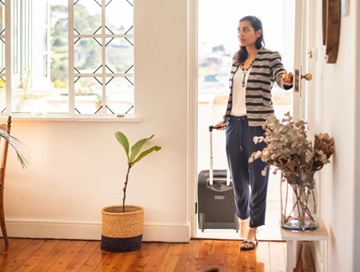

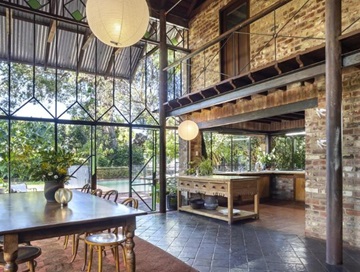
767bbbc6-4993-4f16-8933-e9b2baaac7a0.tmb-rcarousel.jpg?sfvrsn=8cf14270_1)
